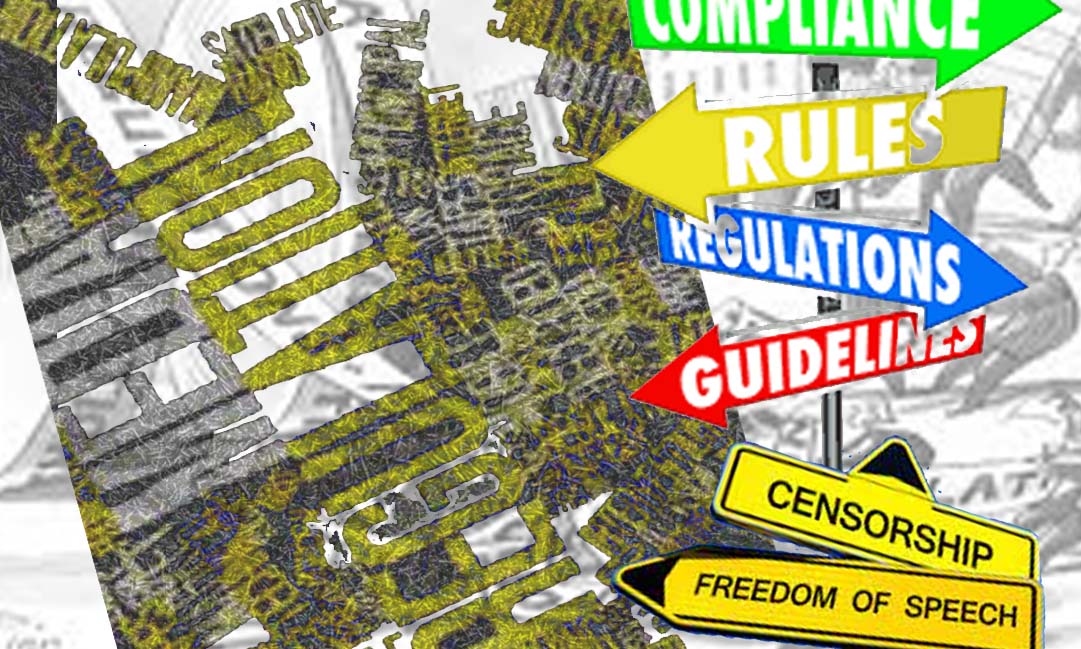The Dangers of too much Individual Thinking!
Hedonism: a general term for all theories of conduct in which the criterion is pleasure of one kind or another. The word is derived from the Greek hedone (“pleasure”), from hedys (“sweet” or “pleasant”).
Epicurean ethics is a form of egoistic hedonism; i.e., he says that the only thing that is intrinsically valuable is one’s own pleasure; anything else that has value is valuable merely as a means to securing pleasure for oneself.
The Frankfurt School critically engaged with the manufacture of culture and the commodification of pleasure ie a sameness in production and consumption of cultural experience. Technology allowed the public to sit passively before cultural content rather than actively engage with one another for entertainment, as they had in the past. The scholars theorized that this experience made people intellectually inactive and politically passive, as they allowed mass-produced ideologies and values to wash over them and infiltrate their consciousness.
Post WWII (approx 1950’s – 1960’s) saw the rise of the a permissive society, also referred to as permissive culture, is a society in which some social norms become increasingly liberal, especially with regard to sexual freedom. This usually accompanies a change in what is considered deviant.
ACTIVITY 4: Make notes on 1) The Frankfurt School, 2) the rise of the persmissive society in post-war Britain and 3) Mary Whitehouse & the National Viewers and Listeners Association (NVLA) now known as MediaWatch-UK
A case study:
Banned! The Mary Whitehouse Story
Episode 1
Banned! The Mary Whitehouse StorySeries 1 Episode 1 of 2
At a time when debates about free speech feel increasingly polarised, we look back to 1963 when a Midlands housewife and teacher named Mary Whitehouse became the original ‘cancel culture’ warrior. Armed with just a typewriter, she began a 30-year campaign to turn back the tide of the permissive culture she saw sweeping through society with the advent of the sexual revolution.
This series revisits Whitehouse’s campaigns, from her attacks on the BBC and boycotts against films like Last Tango in Paris to conflicts with feminists and the gay liberation movement, and her contention that pornography, made mainly by men for men, was not going to lead to greater happiness for society. Whilst her views on some issues are a long way from the prevailing attitudes today, questions about the after-effects of the sexual revolution continue to resonate.
Using a vast campaigning archive housed at the University of Essex, and featuring contributions from Gyles Brandreth, Michael Grade, Beatrix Campbell, Ken Loach and Peter Bradshaw, the series hears first-hand testimony from the people who knew Mary Whitehouse, who studied her work – including author Ben Thompson – and who took her on: from activist Peter Tatchell to millionaire pornographer and current co-owner of West Ham United David Sullivan.

